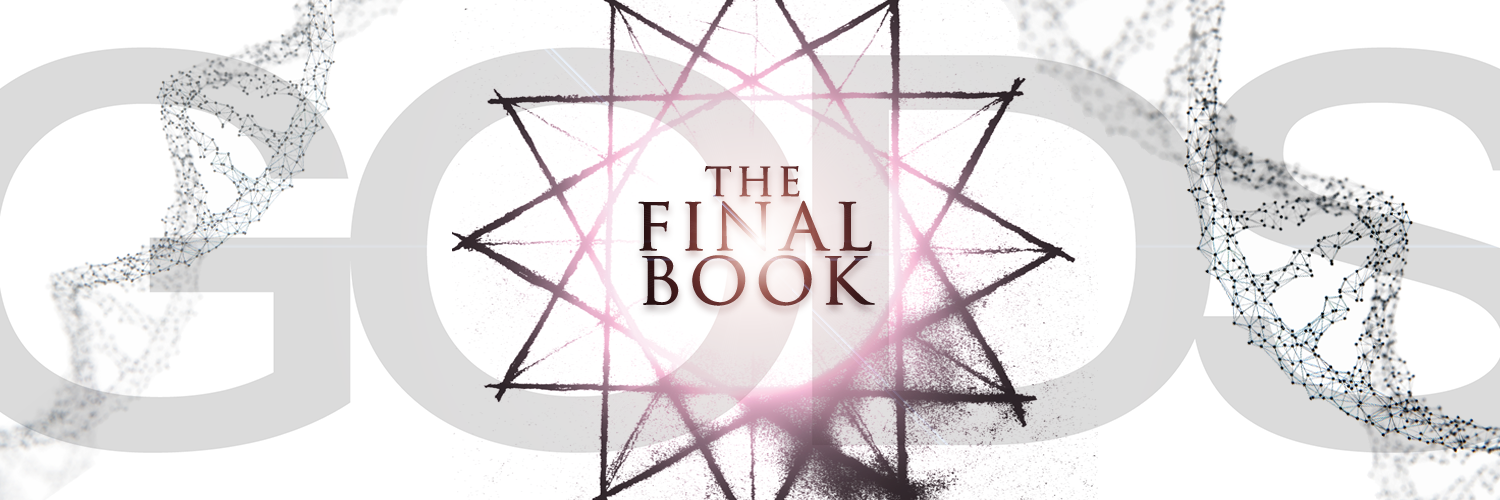The Soul and Plato

What is the soul and how does it work? Is your soul exploited by the State through the Noble Lie?
Plato (429—327 BCE) serves as the backbone of Western civilization and philosophy–recounting and preserving the theories of his contemporaries, as well as his own. Socrates (469—399 BCE), having never written a surviving word himself, is captured by Plato and acts as his mouthpiece. Though the duo seem inseparable, Plato credits Socrates as the original source of thought and almost all the philosophical work is presented by or through him.
Socrates is a proponent of ante rem dualism; presuming a prior existence of the soul [i.e., spirit / mind / psyche] and its separation from the body. The soul is a non-composite substance that is indescribable and existed among the Forms (partaking and understanding of their true / necessary perfections) prior to becoming, or existing through its encapsulation of the sensible body; the soul creating a bridge between the reasonable and empirical.
The soul’s objective, as is the objective of all rational animals (humans), is to pursue The Good. The Good is an overarching life-long pursuit of rational hedonism that posits well doing will yield well being. This is achieved through virtuous actions, self-knowledge, self-governance, self-fulfillment and the constant pursuit of excellence by developing potential so that one eventually “becomes what one had to be.”
The Good serves as a universal criteria incorporating a utilitarian principle that fulfills one’s needs and deficiencies, and focuses on what is useful to the particular individual through a hedonistic impulse of long-term pleasure. By rationally satisfying these impulses, one will achieve one’s true nature, or “become what one had to be,” ultimately satisfying the eudiamonistic impulse of the soul.
While Socrates’ map of The Good seems morally reasonable and self-evident, its practicality may seem insurmountable. One must know what will give one long-term pleasure and have an idea of “what one wants / has to be” in order to fulfill the needs to achieve it. I believe that Socrates’ larger point of “well doing will yield well being,” and if earnestly practiced, the eudiamonistic impulse will sort itself out along the way and one will eventually achieve the telos of fulfilling one’s potential. Starting out, one must believe that by committing to virtuous actions, self-knowledge, and self-fulfillment that the soul will flourish (snowball) and larger questions of purpose and potential will become more clear. Likewise, if no attention is given to virtuous actions, self-knowledge, and self-fulfillment the soul will dwindle and become “dissatisfied” in the life being lead, and its telos will never be reached.
In the Republic’s Allegory of the Cave, the soul is assumed to have pre-existed in a perfected state among the Forms and having a true knowledge of them. Upon birth, the slate is wiped clean and the soul cannot remember the Forms. This is presented in the analogy of supposing a group of humans have been chained to the floor of a cave and are only able to see shadows cast on the cave walls. Their entire knowledge of reality is created by these shadows, which is greatly skewed from how the world truly is. This illustration symbolizes how we should have a distrust of sense experienced and is analogous with Abrahamic tradition of man prior to sin—partaking of the apple and awakening knowledge.
One of the humans eventually breaks free from his chains and ventures outside of the cave to see the world in full color, later understanding the true identity of the various objects creating the shadows. This point emphasizes the importance of education and the profound effect the lack of it can have on unexposed individuals. The greater the soul is to understanding the true Forms, the more the veil of reality is lifted or perceived more clearly. Conversely, the human free from his chains is unable to convince the remaining chained people of true reality as they have nothing to relate it to—reality is something that must be grasped through experience, and then built upon with reason. This allegory demonstrates how empirical experience partakes of the Forms, but we as humans are only able to see shadows of the Forms’ true essence.
Earlier in the Republic, the soul is analogous and related directly to the State or society. A well functioning State-driven society must, at its essence, have a well functioning spirit that carries it forward. It order to be well functioning, its citizens must “buy into” what, overall, that society is trying to achieve, and more importantly, their place in it. Thus, the Noble Lie is created and caste system built to ensure stability and functionality; its mantra being “what is good for the soul is good for the State.”
The Noble Lie begins with a creation story. Man is of earth, born from earth, and as such is embedded with metals found in earth; bronze, silver, and gold. The soul of man then has a natural disposition toward one of these metals. Because the soul is non-composite, indestructible and unchanging, one’s metal is indestructible and unchanging and one’s lot is casted for life—once a bronze, always a bronze and so on. As a child, each individual is evaluated by members of the gold caste to determine which metal one’s soul partakes of. From then on, one is trained to achieve the goals of their caste and excellence exhibited within their soul is excellence of the State.
The three divisions of soul are as follows; bronze consisting of appetitive individuals, silver consisting of spirited individuals, and gold consisting of rational individuals. The bronze cast is comprised of mostly workers and artisans that are driven by primal physicals urges; hunger, thirst, sex. They exhibit the qualities associated with one’s animal self and are therefore charged with temperance and moderation. The more they can control their urges, the greater they satisfy a mastery of excellence of their caste and the more harmonious the society will become.
The silver caste is reserved for military, police, soldiers, and auxiliaries—those who demonstrate a spirited disposition toward ambition, indignation, aggression, desire for power, and material gain. Mastery of the soul for this caste transforms motives for action into causes for action; courage, valor, results, and sportsmanship.
Lastly, the gold caste is a rational caste dedicated to knowledge. They are the ruling class, guardians, and philosopher kings. The goal of their caste is exhibited in wisdom, love of learning, grasping eternals truths, knowledge of structure and to rule the city according to rational principles.
If each caste is performing optimally, the State’s soul will be that of wisdom, courage, moderation, and overall justice. As this system is laid out, it places very little emphasis on, or consideration of, the individual but rather what is best for the State. Caste meddling, or changing between classes, is forbidden as that would contradict the soul and cause a breakdown of structure, harming the State.
It is to be noted that the Noble Lie is first case, or clearly written example, of the soul being used as a mechanism of social control. It is argued that this template has been used in the foundation of prominent religions (Christianity), economic systems, and unifying governmental concepts (freedom).













